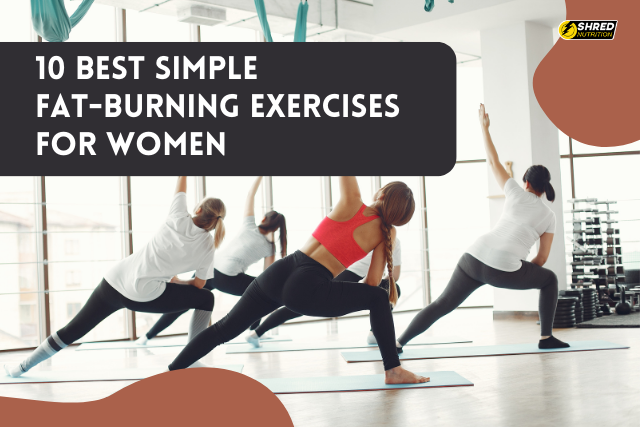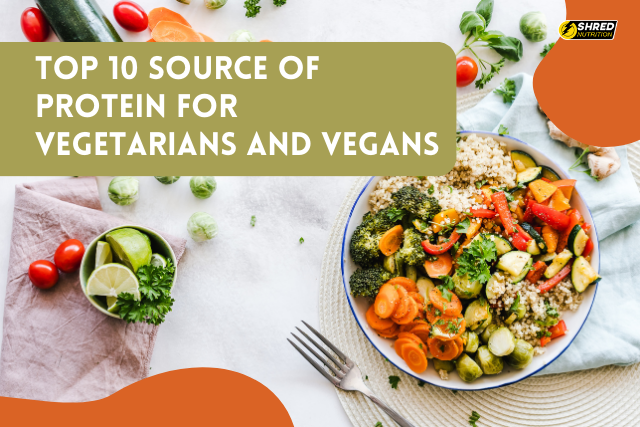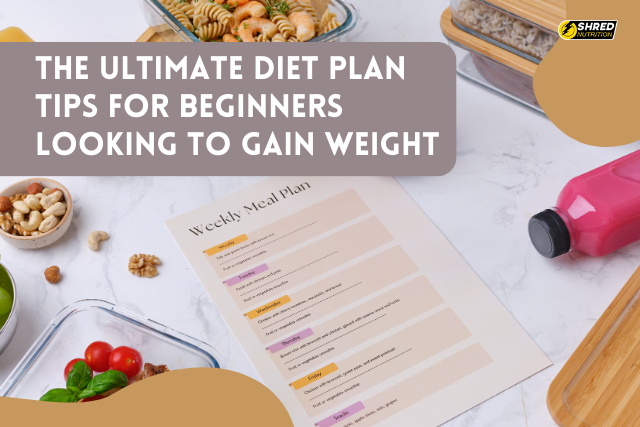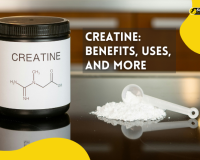30-30-30 Rule: The Three-Part Formula for Lasting Weight Loss

Losing weight and maintaining a healthy lifestyle can often feel like a daunting task, filled with complex diet plans and grueling workout routines. However, simplicity can be incredibly effective when it comes to weight loss. Enter the 30-30-30 Rule, a three-part formula designed to make losing weight straightforward and sustainable. This comprehensive guide will explore what the 30-30-30 Rule is, how it works, and how you can incorporate it into your life for lasting weight loss.
What is the 30-30-30 Rule?
The 30-30-30 Rule for weight loss is a structured yet simple approach that divides your weight loss journey into three manageable components:
- 30 Minutes of Exercise Per Day
- 30 Days of Consistency
- 30 Percent of Your Calories from Protein
Let’s delve into each component to understand how they contribute to effective weight loss and how you can seamlessly integrate them into your daily routine.
30 Minutes of Exercise Per Day
The first part of the 30-30-30 Rule is dedicating 30 minutes each day to physical activity. This may seem minimal, but consistent daily exercise can have profound effects on your overall health and weight loss goals. Here’s why 30 minutes of exercise is a game-changer:
Benefits of Daily Exercise
- Boosts Metabolism: Regular physical activity increases your metabolic rate, helping you burn more calories even when you’re at rest.
- Builds Muscle Mass: Exercise, especially strength training, builds muscle mass. Since muscle burns more calories than fat, increasing your muscle mass helps with weight loss.
- Improves Cardiovascular Health: Aerobic exercises like walking, running, and cycling improve heart health, reducing the risk of cardiovascular diseases.
- Enhances Mood and Energy: Physical activity releases endorphins, which can improve your mood and energy levels, making it easier to stick to your weight loss plan.
- Supports Overall Wellness: Regular exercise helps in maintaining flexibility, balance, and overall body function, contributing to a healthier, more active lifestyle.
Types of Exercise
The beauty of the 30-30-30 Rule is its flexibility in choosing the type of exercise that fits your lifestyle and preferences. Here are some options:
- Cardio Workouts: Running, brisk walking, cycling, swimming, and aerobics classes.
- Strength Training: Weight lifting, resistance band exercises, bodyweight exercises like push-ups and squats.
- Flexibility and Balance: Yoga, Pilates, and stretching routines.
- High-Intensity Interval Training (HIIT): Short bursts of intense exercise followed by rest or low-intensity exercise.
How to Get Started
- Set a Schedule: Choose a time of day that works best for you and stick to it. Consistency is key.
- Mix It Up: Vary your workouts to keep them interesting and engage different muscle groups.
- Start Slow: If you’re new to exercise, start with low-impact activities and gradually increase the intensity.
- Use Technology: Fitness apps and wearable devices can help you track your progress and stay motivated.
30 Days of Consistency
The second part of the 30-30-30 Rule emphasizes the importance of maintaining your exercise and dietary regimen for a full 30 days. This period is critical for forming new habits and seeing initial results.
Why 30 Days?
- Habit Formation: Research suggests it takes about 21 days to form a new habit. By committing to 30 days, you reinforce these new habits, making them more likely to stick.
- Visible Results: While significant weight loss may take longer, 30 days is enough to notice changes in your body and feel the benefits of your efforts.
- Motivation Boost: Seeing progress after a month can be highly motivating, encouraging you to continue your healthy lifestyle.
Tips for Maintaining Consistency
- Set Realistic Goals: Start with achievable goals to build confidence and prevent burnout.
- Track Your Progress: Keep a journal or use apps to log your workouts, meals, and how you feel each day.
- Find a Support System: Share your journey with friends, family, or a weight loss community for encouragement and accountability.
- Stay Flexible: Life happens. If you miss a day, don’t get discouraged. Focus on getting back on track the next day.
30 Percent of Your Calories from Protein
The final component of the 30-30-30 Rule is ensuring that 30 percent of your daily caloric intake comes from protein. Protein is crucial for weight loss and overall health for several reasons:
Benefits of Protein
- Satiety: Protein-rich foods help you feel full longer, reducing overall calorie intake.
- Muscle Maintenance: Adequate protein intake supports muscle repair and growth, which is essential when you’re exercising regularly.
- Thermogenic Effect: Protein digestion requires more energy, which means your body burns more calories processing protein compared to fats or carbohydrates.
- Metabolic Boost: Higher protein intake can increase your metabolism, aiding in weight loss.
How to Calculate Protein Needs
To implement the 30 percent rule, you first need to determine your daily caloric needs based on your age, gender, weight, height, and activity level. Once you have your total daily calories, calculate 30 percent of that number to find out how many calories should come from protein.
For example, if your daily caloric intake is 2000 calories, 30 percent would be 600 calories. Since each gram of protein has 4 calories, you would need 150 grams of protein per day (600 ÷ 4 = 150).
High-Protein Food Sources
Incorporate a variety of protein sources into your diet to ensure you’re getting all the essential amino acids and other nutrients. Some great protein sources include:
- Lean Meats: Chicken, turkey, lean beef.
- Fish and Seafood: Salmon, tuna, shrimp.
- Dairy Products: Greek yogurt, cottage cheese, milk.
- Plant-Based Proteins: Beans, lentils, chickpeas, tofu, tempeh.
- Nuts and Seeds: Almonds, chia seeds, pumpkin seeds.
- Eggs: Whole eggs and egg whites.
Sample Meal Plan
To give you a practical idea of how to distribute protein throughout the day, here’s a sample meal plan:
Breakfast: Greek yogurt with berries and a sprinkle of chia seeds.
Mid-Morning Snack: A handful of almonds.
Lunch: Grilled chicken salad with a variety of vegetables and a vinaigrette dressing.
Afternoon Snack: Sliced cucumber and hummus.
Dinner: Baked salmon with quinoa and steamed broccoli.
Evening Snack: Cottage cheese with a small piece of fruit.
Integrating the 30-30-30 Rule into Your Life
The 30-30-30 Rule is designed to be simple yet effective. Here’s how you can start integrating this rule into your life:
Step 1: Assess Your Starting Point
- Evaluate Your Current Fitness Level: Understand where you’re starting from in terms of physical activity.
- Analyze Your Diet: Track your current eating habits to see how much protein you’re consuming and identify areas for improvement.
Step 2: Set Clear Goals
- Define Your Weight Loss Goals: Set specific, measurable, achievable, relevant, and time-bound (SMART) goals.
- Plan Your Exercise Routine: Decide what types of exercise you enjoy and can commit to daily.
- Adjust Your Diet: Plan meals that incorporate 30 percent of your calories from protein.
Step 3: Stay Motivated and Accountable
- Track Progress: Use apps or journals to log your daily exercise, food intake, and weight loss progress.
- Find Support: Engage with a community or find a workout buddy to keep you motivated.
- Reward Yourself: Celebrate small milestones to stay motivated. Choose non-food rewards like new workout gear or a relaxing day off.
Step 4: Overcome Challenges
- Manage Time: Prioritize your health by scheduling exercise and meal prep into your daily routine.
- Stay Flexible: Be prepared to adapt when unexpected events occur. Remember, consistency over perfection.
- Stay Positive: Focus on progress rather than perfection. Every small step counts towards your goal.
Conclusion
The 30-30-30 Rule for weight loss offers a straightforward, sustainable approach to achieving and maintaining a healthy weight. By committing to 30 minutes of exercise daily, maintaining consistency for 30 days, and ensuring that 30 percent of your calories come from protein, you create a balanced routine that promotes lasting results.
This three-part formula not only simplifies the process of losing weight but also helps you build habits that can lead to long-term health benefits. Whether you’re just starting your weight loss journey or looking for a more manageable approach, the 30-30-30 Rule provides a clear and effective path to success. Remember, the key to lasting weight loss is consistency, balance, and patience. Start today and take the first step towards a healthier, happier you.















